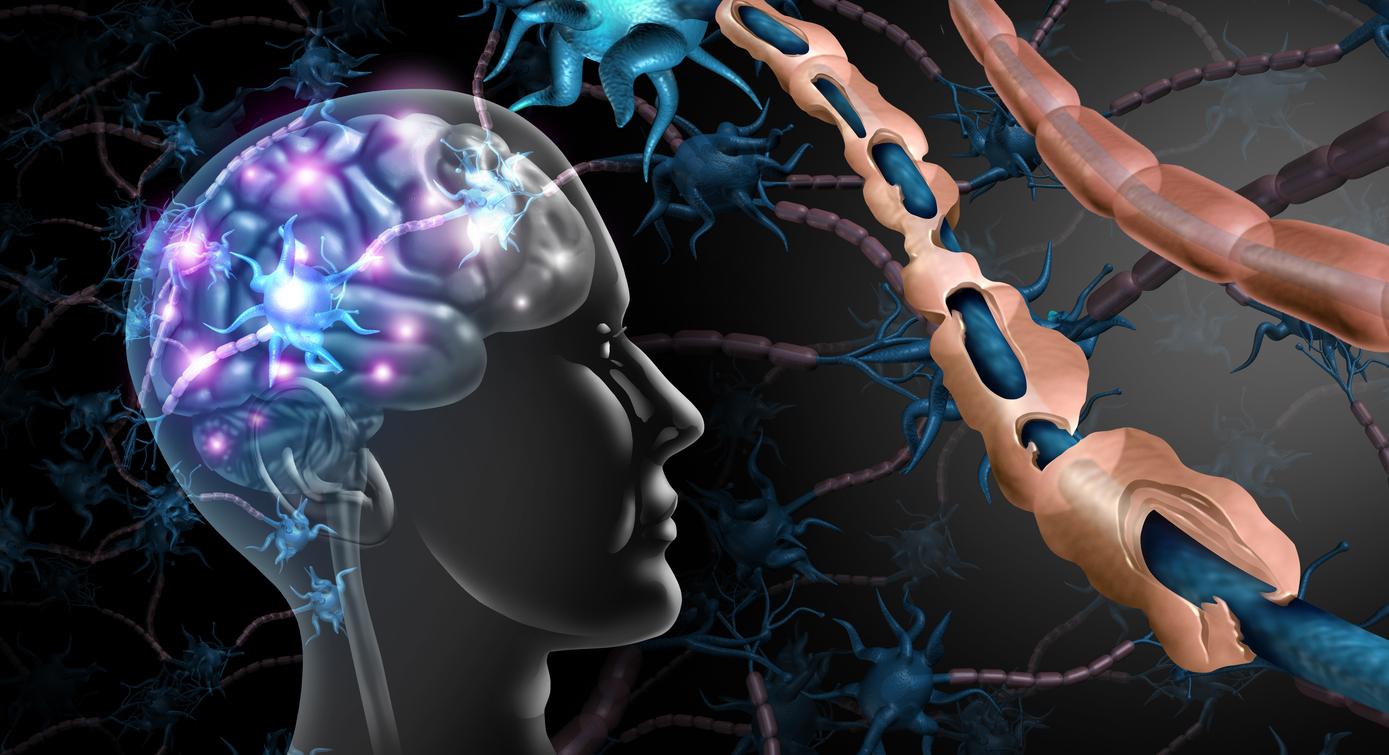It would be possible to regain sight by using gene therapy to reprogram cells in the back of the eye to become sensitive to light again, according to the results of a study published in the medical journal Science Translational medicine. Most of the causes of blindness arise from the loss of millions of light-sensitive photoreceptor cells in the retina.
A future for the visually impaired
Researchers at the University of Oxford in the UK used gene therapy in mice with retinitis pigmentosa to reprogram cells in the back of the eye so that they become sensitive to light again. This degenerative genetic disease of the eye is characterized by progressive loss of vision. This disease particularly affects people between 10 and 30 years old.
They worked with a viral vector to express a light-sensitive protein, melanopsin, in retinal cells in blind mice.
For a year, scientists monitored the guinea pigs, which partially regained sight. They were able to recognize objects in their surroundings which indicated a high level of visual perception. Cells expressing melanopsin responded to light and sent visual signals to the brain. The Oxford team also tried a successful electronic retina in blind mice, but the genetic approach may be simpler to administer.
“There are many blind patients in our clinics and the ability to restore their sight with a relatively simple genetic procedure is very exciting. Our next step will be to start a clinical trial in men, ”said study author Samantha de Silva.
Read also:
36 million blind people in the world, three times more in 2050
Curing blindness with stem cells will soon be possible
Restore sight thanks to an invisible film placed on the cornea


















